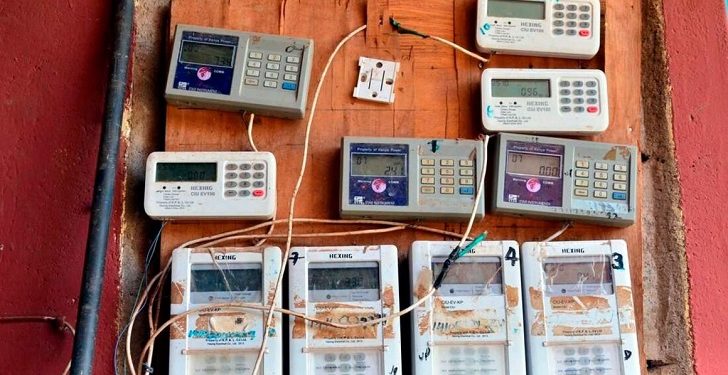Kenya Power and Lighting Company (KPLC) is embarking on a shift from post-paid to prepaid electricity meters for consumers in rural areas, aiming to complete the transition within the next three years. The utility outlined its plans in the latest annual report, emphasizing a long-term goal of transitioning all rural customers to smart metering. This strategic move is part of broader reforms aimed at curbing power theft and reducing meter reading costs.
The decision comes in the midst of public concern in Kenya regarding escalating electricity bills. KPLC anticipates that the shift to prepaid meters will not only address consumer complaints but also enhance operational efficiency, enabling better resource management.
Kenya Power traditionally relies on a sizable workforce of meter readers who visit homes and businesses to record power consumption. However, due to insufficient coverage, the utility often resorts to estimating the monthly consumption of millions of customers, leading to widespread grievances about inflated bills.
As of now, approximately 2.1 million KPLC customers operate on a post-paid system, significantly outnumbered by the 6.8 million users utilizing prepaid services. In the fiscal year 2023, the company generated Sh120.18 billion, with 63 percent of revenues coming from post-paid customers and the remaining 37 percent from prepaid customers.
Despite posting a net loss of KES 3.19 billion for the fiscal year ending in June 2023, attributed to a weakened shilling and high power purchase costs, KPLC is actively pursuing reforms. The transition to prepaid and smart metering represents a key initiative in the company’s efforts to adapt and improve its financial outlook.

















